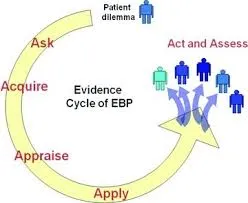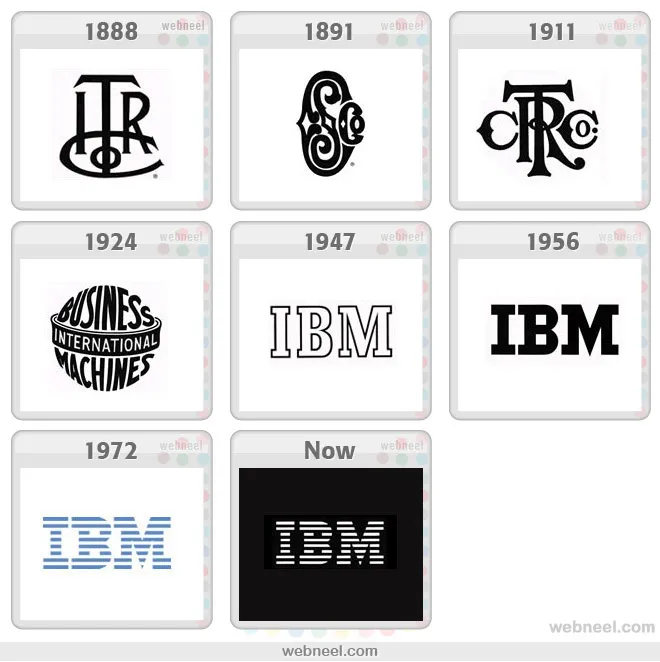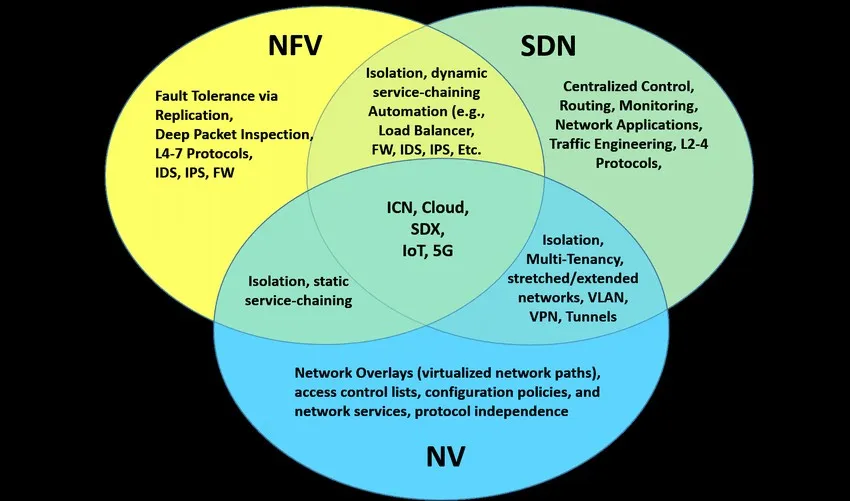EBM vs IBM: A Comparative Analysis
In the realms of computing and data management, two acronyms often surface: EBM (Evidence-Based Management) and IBM (International Business Machines). While they might share similar letters, they represent entirely different concepts. EBM is a decision-making framework rooted in empirical evidence, whereas IBM is a multinational technology corporation. This article delves into the core differences, applications, and implications of EBM and IBM, providing a clear understanding of their distinct roles in modern business and technology.
Understanding Evidence-Based Management (EBM)
Evidence-Based Management (EBM) is a strategic approach that emphasizes the use of best available evidence from multiple sources to inform decision-making processes. Originating from evidence-based medicine, EBM has been adapted to management practices to enhance organizational effectiveness and reduce biases. It relies on data, research, and critical analysis rather than intuition or tradition.

The EBM cycle illustrating the continuous process of asking questions, acquiring evidence, appraising its validity, applying insights, and assessing outcomes.
Key Principles of EBM
- Empirical Evidence: Decisions are based on data from reliable sources such as randomized controlled trials, case studies, and systematic reviews.
- Stakeholder Input: Incorporating perspectives from employees, customers, and other stakeholders to ensure comprehensive analysis.
- Ethical Considerations: Ensuring that decisions align with ethical standards and organizational values.
- Continuous Improvement: EBM involves ongoing monitoring and adjustment based on new evidence.
Understanding International Business Machines (IBM)
IBM, or International Business Machines Corporation, is a global technology company founded in 1911. It is renowned for its innovations in hardware, software, cloud computing, and artificial intelligence. IBM's products and services range from mainframe computers to Watson AI, and it plays a pivotal role in shaping the technology landscape through research and development.

Evolution of the IBM logo, reflecting the company's transformation over decades from a business machinery provider to a tech innovator.
Core Areas of IBM's Operations
- Cloud and Cognitive Software: IBM Cloud, Watson AI, and blockchain solutions.
- Global Business Services: Consulting, application management, and network services.
- Systems: Hardware including servers and storage systems.
- Global Financing: Providing financial solutions for IT infrastructure.
Comparative Analysis: EBM vs IBM
While EBM is a methodological framework, IBM is a corporate entity. Their differences span purpose, application, and impact. The following table highlights key distinctions:
| Aspect | Evidence-Based Management (EBM) | International Business Machines (IBM) |
|---|---|---|
| Nature | Conceptual framework for decision-making | Multinational technology company |
| Primary Focus | Improving organizational decisions through evidence | Developing and selling technology products/services |
| Application | Used in management, healthcare, education, etc. | Operates in tech sectors like AI, cloud, hardware |
| Output | Informed strategies and policies | Innovations such as quantum computing, Watson AI |
| Measurement | Effectiveness via outcomes and metrics | Success through market share, revenue, patents |
Interplay Between EBM and IBM
Interestingly, IBM can utilize EBM principles in its operations. For instance, IBM might employ evidence-based approaches to refine its AI algorithms or strategic decisions. Conversely, EBM frameworks could leverage IBM's technologies, such as data analytics tools, to gather and process evidence more efficiently.

The intersection where IBM's technologies support EBM practices, enabling data-driven decision-making.
Conclusion
EBM and IBM are fundamentally different: one is a practice, the other an organization. EBM equips leaders with a structured way to make decisions, while IBM drives technological progress. Understanding their differences is crucial for professionals navigating both management and tech fields. By recognizing their unique values, organizations can harness EBM for smarter strategies and IBM's innovations for cutting-edge solutions.

